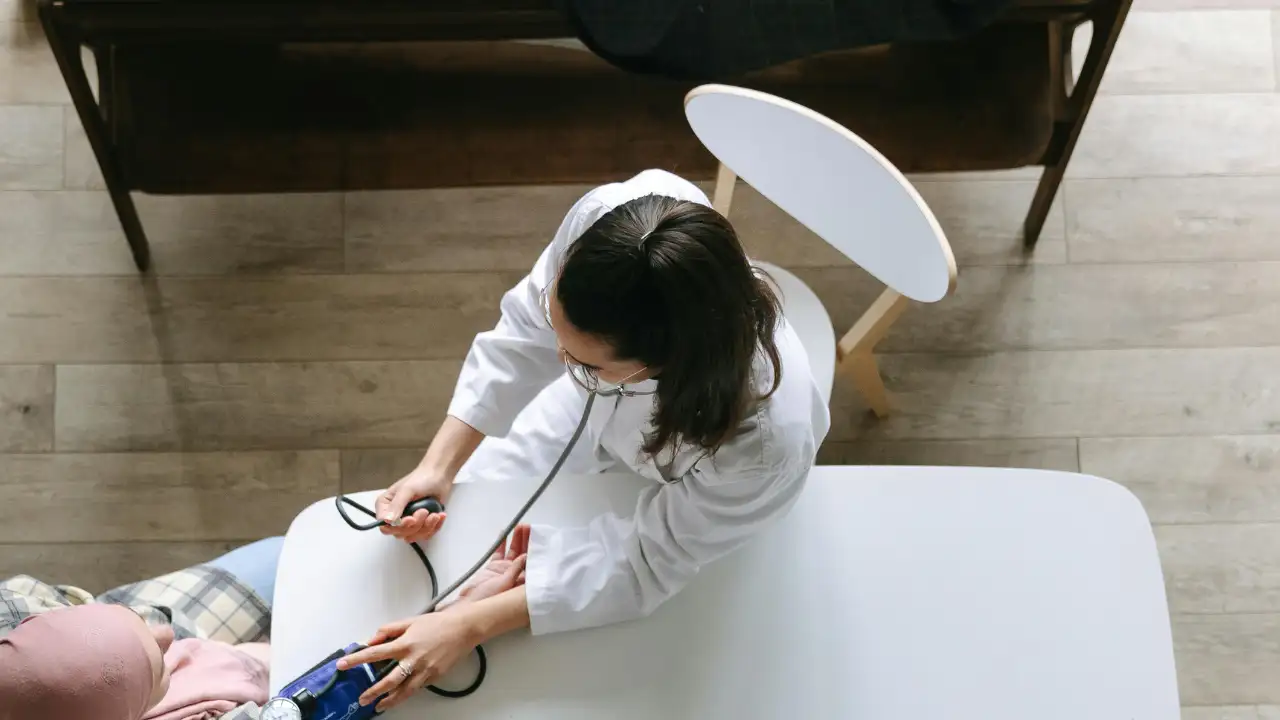
Symptoms of Pediatric Kidney Cancer That You Might Be Ignoring (Credits: Pexels)
Pediatric kidney cancer, particularly Wilms’ tumor, is a rare condition but one that demands swift attention. Affecting mostly children between the ages of 2 and 5, it often goes unnoticed until it reaches an advanced stage. While some symptoms may seem ordinary or overlap with other common childhood issues, there are a few signs parents should never ignore.
One of the earliest and most overlooked signs is an unusual swelling or lump in the child’s tummy. It’s often painless, and parents may only notice it while bathing the child or during play. Unlike bloating, this doesn’t fluctuate and tends to feel firm. Many dismiss it as constipation or a temporary stomach issue, but if the swelling persists, it should be evaluated by a doctor.
Another subtle warning sign is frequent, unexplained fever. While fevers are common in children, especially with seasonal changes or viral infections, recurring fever without any obvious cause can sometimes point to an internal concern. In many cases of Wilms’ tumor, children also experience fatigue, reduced appetite, and a general sense of tiredness that doesn’t go away with rest.
Blood in the urine, even if just a faint pink tinge, is a red flag. It might appear only occasionally or be microscopic, detectable only through a urine test. Often brushed off as a minor urinary infection, persistent hematuria (blood in urine) deserves deeper investigation.
Some children may also complain of stomach aches or side pain, especially during physical activity. Though it may be mistaken for muscle strain or gas, repeated discomfort in the same area can be indicative of something more serious. In rare cases, high blood pressure might also be detected during a routine pediatric visit, this can be linked to the tumor pressing against kidney structures.
Most symptoms of pediatric kidney cancer are silent or vague in the early stages. That’s why it’s crucial for parents to observe changes in their child’s energy levels, appetite, and physical signs like swelling. Early detection dramatically improves treatment outcomes, with success rates going above 90% when caught early.
If anything feels unusual or persistent, trust your instincts and consult a pediatrician. In cancer, time truly is of the essence.
